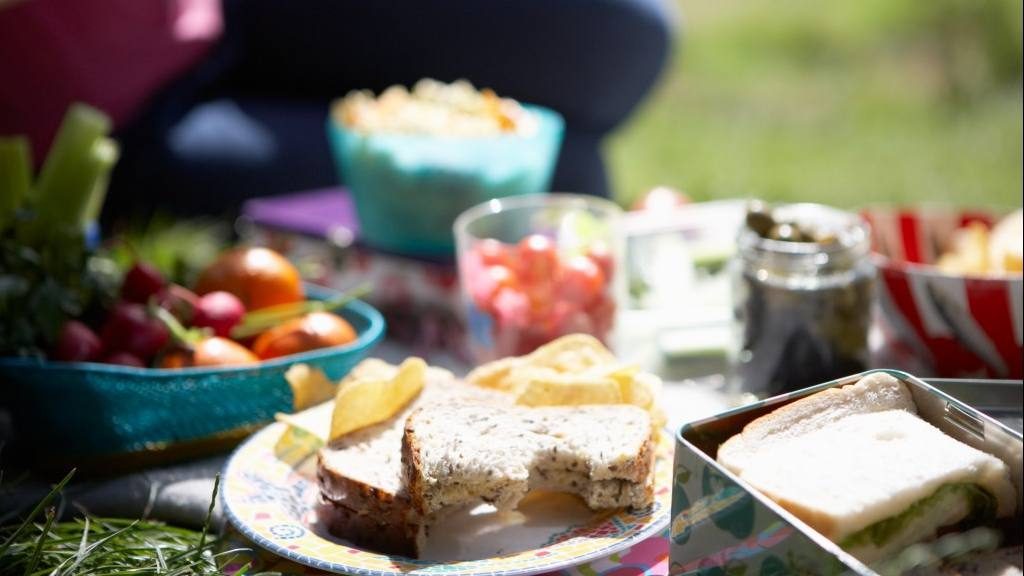-
Featured News
Tips to avoid food poisoning during COVID-19

The upcoming Labor Day weekend may be the unofficial end to summer cookouts and barbecues. It's also a good reminder that food safety should be a priority to keep you and your family safe from infection.
There are many sources of disease-causing germs that can cause a foodborne illness, including bacteria, viruses and parasites. The Centers for Disease Control and Prevention says there is no evidence to suggest that handling food or consuming food is associated with the virus that causes COVID-19.
Four common germs that can lead to illness are:
- Clostridium perfringens
These bacteria can be found in meats, stews and gravies. Infection can happen when foods are prepared in large quantities and kept warm for a long time before serving. - Norovirus
The virus can affect raw, ready-to-eat produce and shellfish from contaminated water, and may be spread by an infected food handler. - Salmonella
Foods associated with the bacteria include raw or contaminated meat, poultry, milk, or egg yolks. It can be spread by knives, cutting surfaces or an infected food handler. - E. coli
These bacteria are spread mainly by undercooked ground beef. Other sources include unpasteurized milk and apple cider, alfalfa sprouts, and contaminated water.
Preventing a foodborne illness can start in the kitchen. Learn more from Dr. Pritish Tosh, a Mayo Clinic infectious diseases specialist.
Journalists: Broadcast-quality video (0:59) is in the downloads at the end of this post. Please "Courtesy: Mayo Clinic News Network." Read the script.
"There are things about food handling practices within your own kitchen that can help prevent infectious outbreaks of diarrheal diseases," says Dr. Tosh.
He says that most foodborne illnesses in your kitchen are caused by cross-contamination of raw meat.
"If you have raw meats, handle them carefully," says Dr. Tosh. "Do not allow the juices or whatever to come in contact with foods you're about to eat raw."
He says when preparing food, hand-washing is crucial. "[It's] absolutely important that when you go from the handling of the meat to handling really anything else, you are washing your hands."
The bacteria you get on your hands from handling a raw piece of chicken can contaminate not only other foods, but also anything else in the kitchen you touch, like a spoon or the countertop.
"The bacteria can stay on that and then cross-contaminate something that's going to then touch that spoon or that countertop, and then transmit the bacteria to somebody," says Dr. Tosh.
To avoid these bacteria, anything that could be washed in the kitchen should be washed, including your food and hands.
Related information:
- "Infectious Diseases A–Z: Wash your hands, not your meat and other food safety tips"
- "Infectious Diseases A–Z: Tips to avoid foodborne illnesses"
- First aid for foodborne illness







